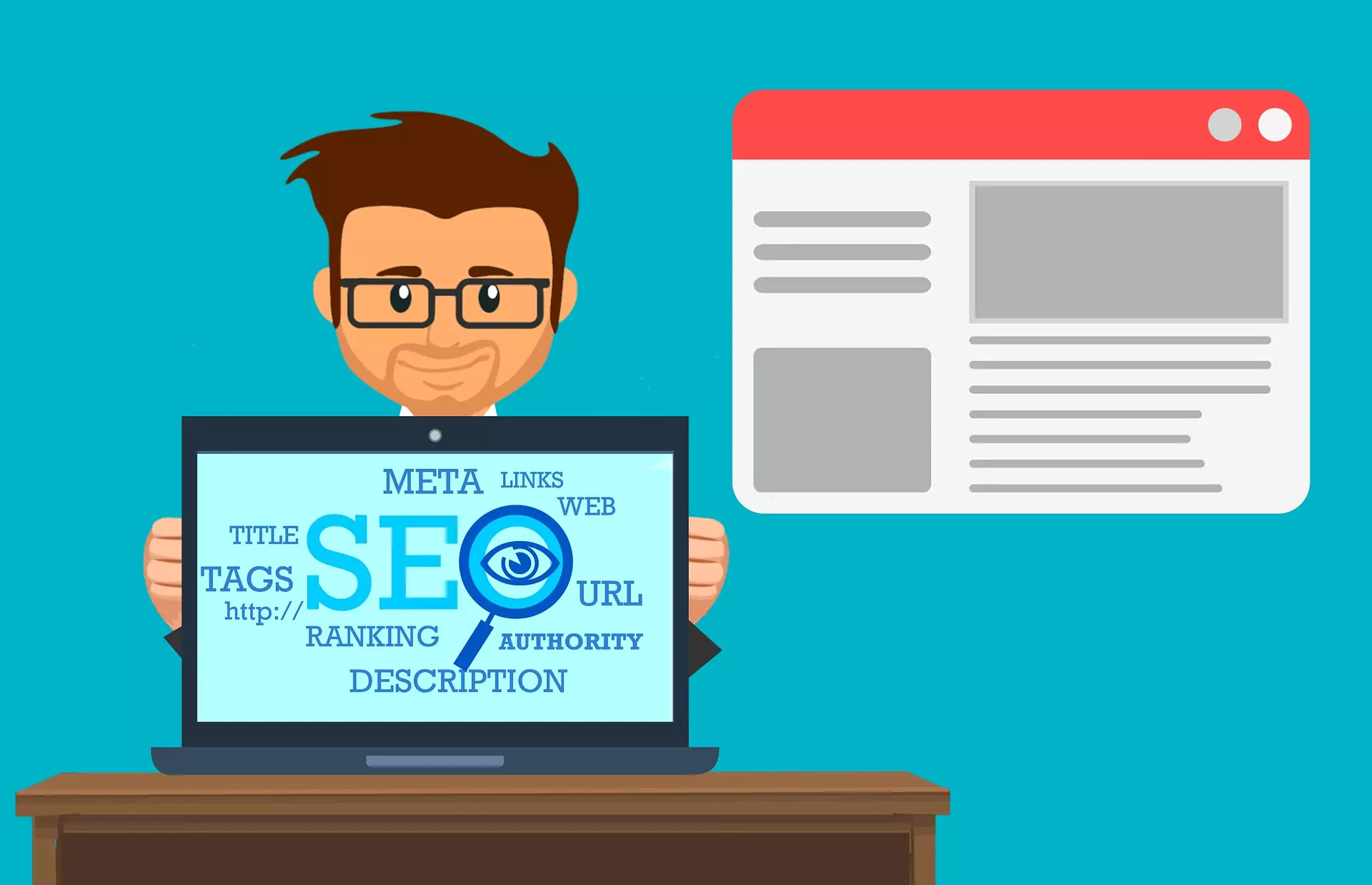However, simply having a website is not enough. In this article, we will discuss the importance of local SEO for small businesses, the benefits of local SEO, how it differs from traditional SEO, and the key components of a successful local SEO strategy.
Understanding the Importance of SEO for Small Businesses
It is a critical component of any digital marketing strategy, especially for small businesses.
SEO helps small businesses by increasing their visibility, driving traffic to their website, and ultimately increasing sales. By optimizing your website for search engines, you can attract more qualified leads and improve your chances of converting them into paying customers.
The Benefits of Local SEO for Small Businesses
It involves making sure that your business appears in local search results, such as Google Maps, Google My Business, and other local directories. Local SEO is essential for small businesses that rely on local customers to drive sales.
Local SEO also helps you build trust with potential customers by providing them with relevant and accurate information about your business, such as your address, phone number, and hours of operation.
The Difference Between Traditional SEO and Local SEO
Traditional SEO and local SEO are similar in that they both involve optimizing your website for search engines. Traditional SEO focuses on optimizing your website for broad search queries, while local SEO focuses on optimizing your website for local search queries.
Local SEO also involves optimizing your website for mobile devices since many local searches are conducted on mobile devices. Additionally, local SEO involves optimizing your website for location-specific keywords, such as “best pizza in New York City” or “dentist in Los Angeles.”
Key Components of a Successful Local SEO Strategy
A successful local SEO strategy involves several key components. First, you need to ensure that your website is optimized for local search queries. This involves including location-specific keywords in your content, optimizing your website for mobile devices, and ensuring that your website is fast and user-friendly.
Second, you need to claim and optimize your business listings on local directories and review sites, such as Google My Business, Yelp, and TripAdvisor. This involves providing accurate and up-to-date information about your business, including your address, phone number, hours of operation, and other relevant details.
Third, you need to focus on building high-quality backlinks to your website. This involves reaching out to other businesses and websites in your local area and asking them to link back to your website. High-quality backlinks can help improve your website’s authority and increase your visibility in local search results.
Understanding Local Search Algorithms and Ranking Factors
Google and other search engines use complex algorithms to determine which websites appear at the top of search results pages. Local search algorithms are different from traditional search algorithms and take into account factors such as proximity, relevance, and prominence.
Proximity refers to how close your business is to the location of the person conducting the search. Relevance refers to how well your website matches the search query. Prominence refers to how well-known and reputable your business is in the local area.
To improve your rankings in local search results, you need to optimize your website and business listings for these factors. This involves including location-specific keywords in your content, building high-quality backlinks, and ensuring that your business listings are accurate and up-to-date.
Common Mistakes to Avoid in Local SEO for Small Businesses
One of the most common mistakes small businesses make in local SEO is failing to optimize their website and business listings for local search queries. Another common mistake is failing to keep their business listings up-to-date and accurate. This can result in potential customers being unable to find or contact your business.
Other common mistakes include focusing too much on keyword stuffing and neglecting the importance of quality content. It is also important to avoid using black hats SEO techniques, such as buying backlinks or keyword stuffing, as these can result in your website being penalized or even banned from search engines.
Choosing the Right SEO Consultant or Service for Your Small Business
Choosing the right SEO consultant or service can be challenging, especially for small businesses with limited budgets. When choosing an SEO consultant or service, it is important to look for someone with experience in local SEO and a proven track record of success.
It is also important to choose someone who understands your business and your target audience. They should be able to provide you with a customized local SEO strategy that is tailored to your specific business needs and goals.
Measuring the Success of Your Local SEO Efforts
Measuring the success of your local SEO efforts is essential to determining the return on investment (ROI) of your digital marketing strategy. There are several metrics you can use to measure the success of your local SEO efforts, including website traffic, search engine rankings, and conversion rates.
You can use tools like Google Analytics and Google Search Console to track your website traffic and search engine rankings. You can also track your conversion rates by setting up goals in Google Analytics and monitoring your website’s performance over time.
Conclusion and Key Takeaways
In conclusion, local SEO is essential for small businesses that rely on local customers to drive sales. By optimizing your website and business listings for local search queries, you can increase your visibility, attract more customers, and ultimately increase your sales.
To achieve success in local SEO, you need to focus on key components like website optimization, business listing optimization, and backlink building. You also need to understand local search algorithms and ranking factors and avoid common mistakes like keyword stuffing and neglecting the importance of quality content.
Finally, it is essential to choose the right SEO consultant or service and measure the success of your local SEO efforts using metrics like website traffic, search engine rankings, and conversion rates. By following these guidelines, you can maximize your online presence and achieve success in the ever-growing digital marketplace.





